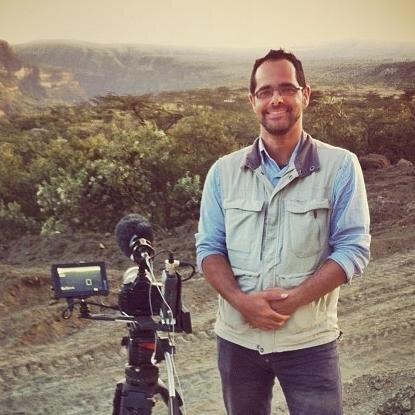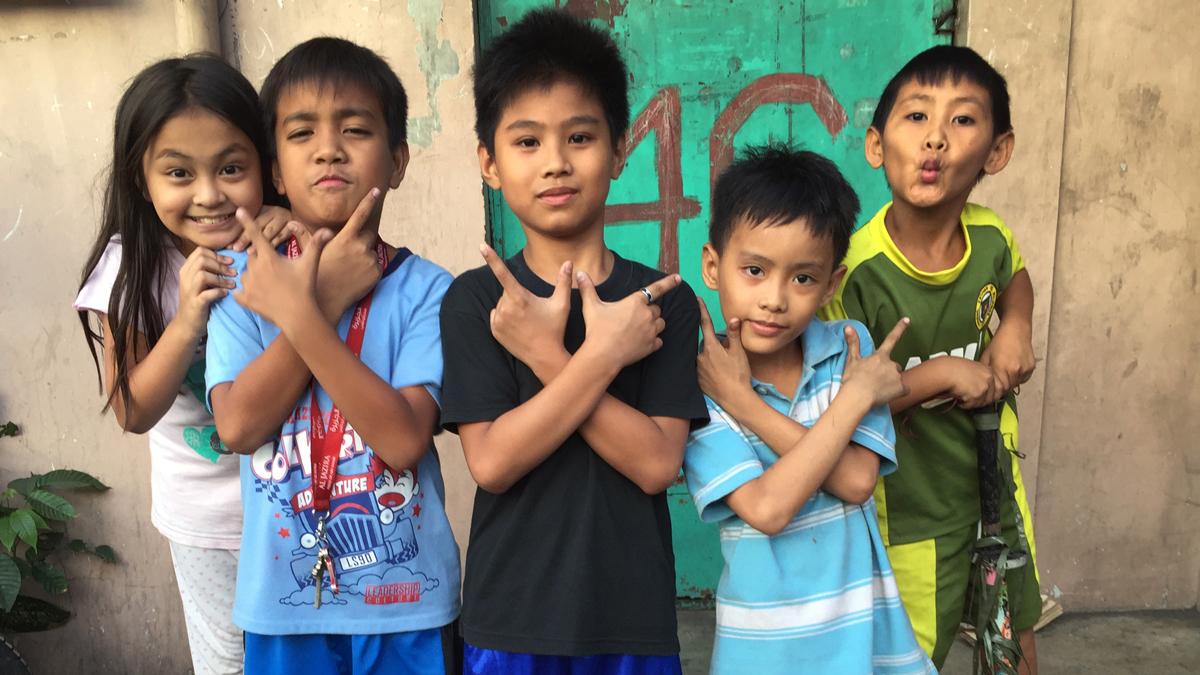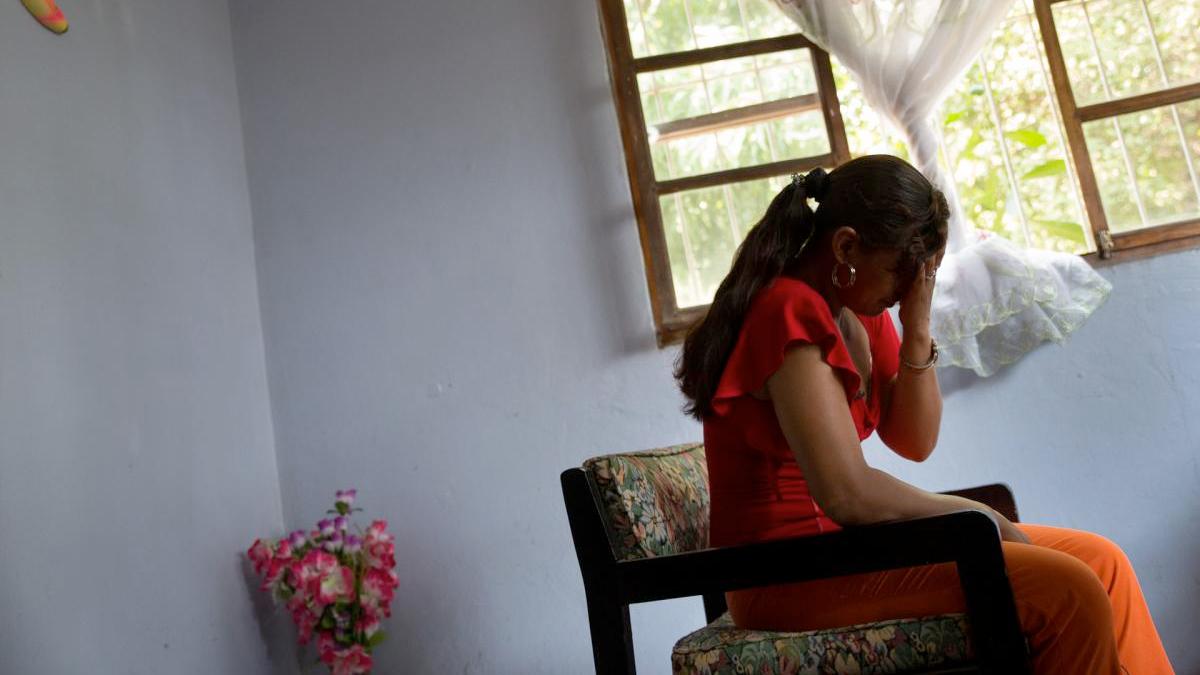Pierre Kattar
Pierre Kattar is an Emmy Award-winning video journalist and filmmaker.
Pierre Kattar is an Emmy Award-winning video journalist and filmmaker. As a backpack journalist, he reports, writes, shoots, edits and produces news videos and documentary films.Since 1999, Pierre's work has won numerous awards including two Emmys, a Peabody, Scripps Howard Foundation, Casey Journalism Center and three RTNDA Edward R. Murrow awards. He was named Editor of the Year in 2007 by the White House News Photographers Association.Pierre has taught video journalism to graduate students at Northwestern University's Medill School of Journalism and he has lectured for The Poynter Institute, the National Press Photographers Association and the White House News Photographers Association.Pierre's career in journalism began at The Washington Post as web developer for the multimedia section of the paper's website. Self-taught in HTML, Javascript, and Perl, he coded complex projects and automated the building of photo galleries. Pierre's passion for video journalism sparked when he saw one of the first videos on the Post's website. Shot with a photographer's eye, the piece unfolded like the immersive long-form narrative print stories found in The Washington Post. The style echoed the Cinéma Vérité approach to documentary filmmaking. Within seconds, he fell in love with this approach. With encouragement from his boss, Tom Kennedy, and the support of colleagues, Pierre taught himself how to shoot, edit and produce news stories as a backpack journalist.He soon went on assignment in Dearborn, Michigan covering Arab-American reactions to the Iraq war. From there, he travelled around the country in 2004 reporting on the presidential primaries. He went to Beirut, Lebanon — where we was born — to cover what was considered the first "free" parliamentary election in decades.Pierre enjoys spending time in other countries learning about different cultures. He speaks fluent French and English, near fluent Italian and intermediate Arabic.
Is there room for families in the global labor trade?
During the last four decades, the number of international migrants has nearly tripled. Many countries in North America, Europe and Asia have created legal channels for foreign workers. Yet from country to country, governments treat the children of foreign workers as an unwanted burden. Frequently, the children of migrants have become part of a disconnected generation.
Subscribe to The World’s Latest Edition podcast for free using your favorite podcast player:


